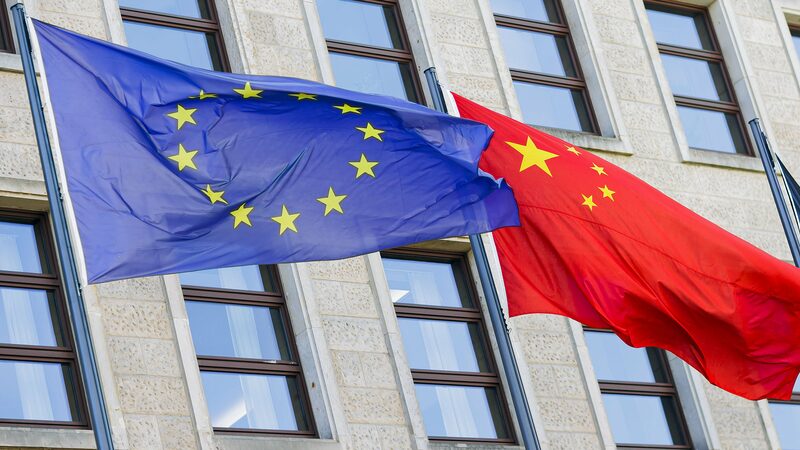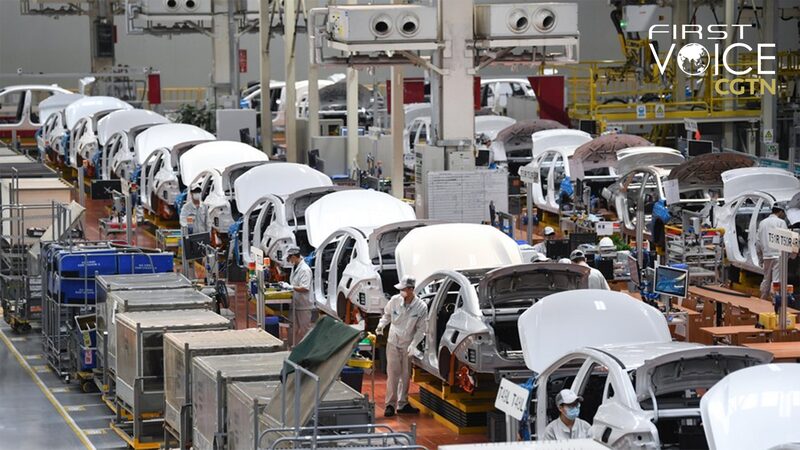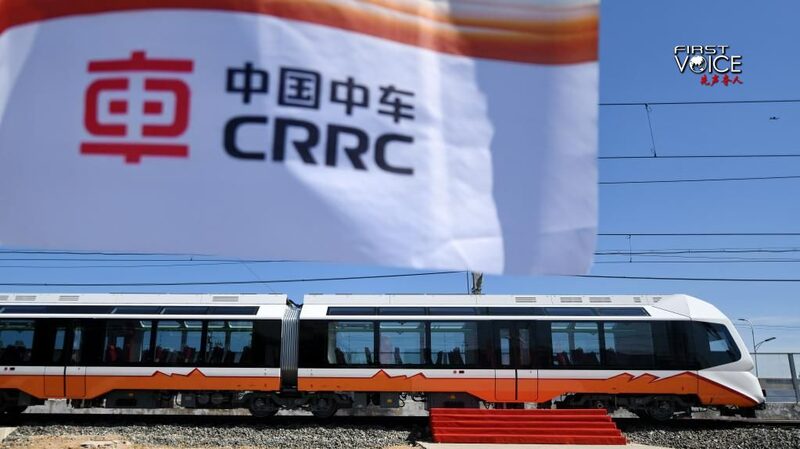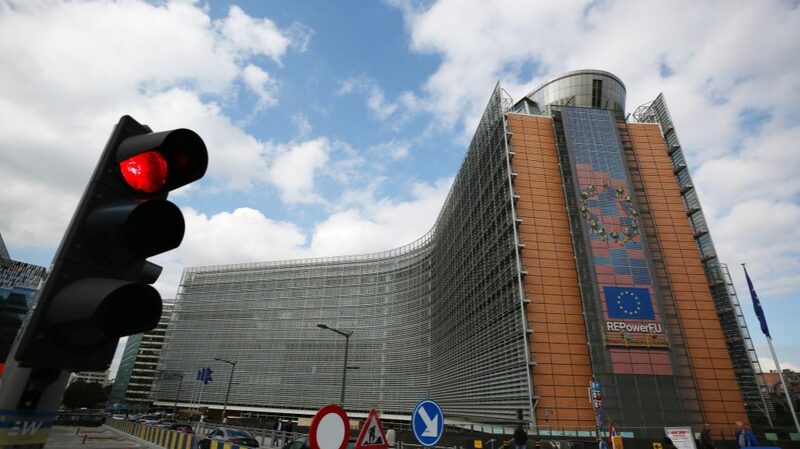China’s Ministry of Commerce (MOFCOM) has raised concerns over the European Union’s Foreign Subsidies Regulation (FSR), stating that its enforcement is creating significant trade and investment barriers for Chinese enterprises operating in Europe.
The FSR, which came into effect on July 12, 2023, mandates that companies conducting business within the EU disclose any subsidies received from non-EU governments. This regulation applies to activities such as mergers and acquisitions as well as participation in public procurement contracts.
Impact on Chinese Companies
The enforcement of the FSR has already affected several prominent Chinese companies:
- CRRC Qingdao Sifang Locomotive Co. Ltd.: This leading train manufacturer withdrew from a Bulgarian public procurement tender worth approximately 610 million euros after becoming the focus of an in-depth investigation by the European Commission. The tender was for the supply of multiple electric trains.
- Shanghai Electric: In Romania, the company’s bid to construct a photovoltaic park faced scrutiny under the FSR, leading to its withdrawal from the project.
- Nuctech: Specializing in security inspection equipment, Nuctech became involved in the first litigation under the FSR. The European Commission conducted an unannounced inspection of its premises and demanded access to information stored on servers located outside the EU. The EU General Court dismissed Nuctech’s appeal to suspend this demand.
Challenges and Criticisms
Chinese enterprises have expressed difficulties in complying with the FSR due to its broad and vague definitions of what constitutes a “foreign subsidy.” Companies are faced with the complex task of reporting these subsidies or risking substantial penalties for non-compliance.
In response to these challenges, the China Chamber of Commerce for Import and Export of Machinery and Electronic Products submitted a formal complaint to MOFCOM. The ministry’s investigation concluded that the EU’s enforcement practices under the FSR present unjust trade barriers.
Potential Impact on EU-China Trade Relations
The increased regulatory scrutiny has raised concerns about the future of EU-China trade relations. Chinese businesses play a significant role in European markets, and obstacles such as those presented by the FSR could impact investment flows and economic cooperation between the two regions.
As the situation develops, both Chinese enterprises and European authorities may need to engage in dialogue to address these trade barriers and explore solutions that facilitate fair and open trade.
Reference(s):
cgtn.com








